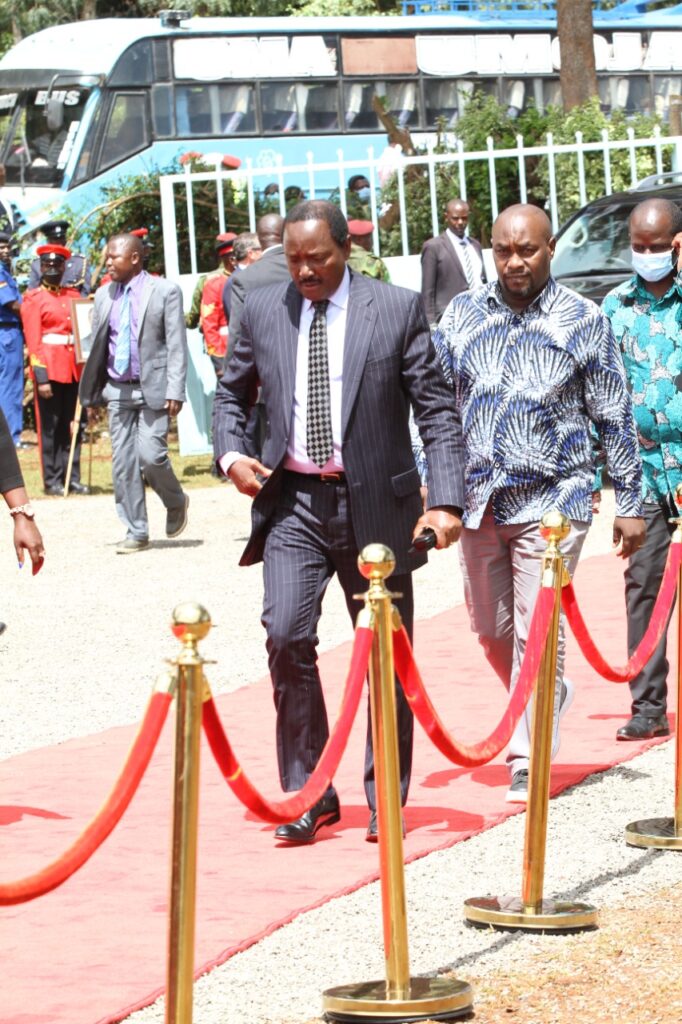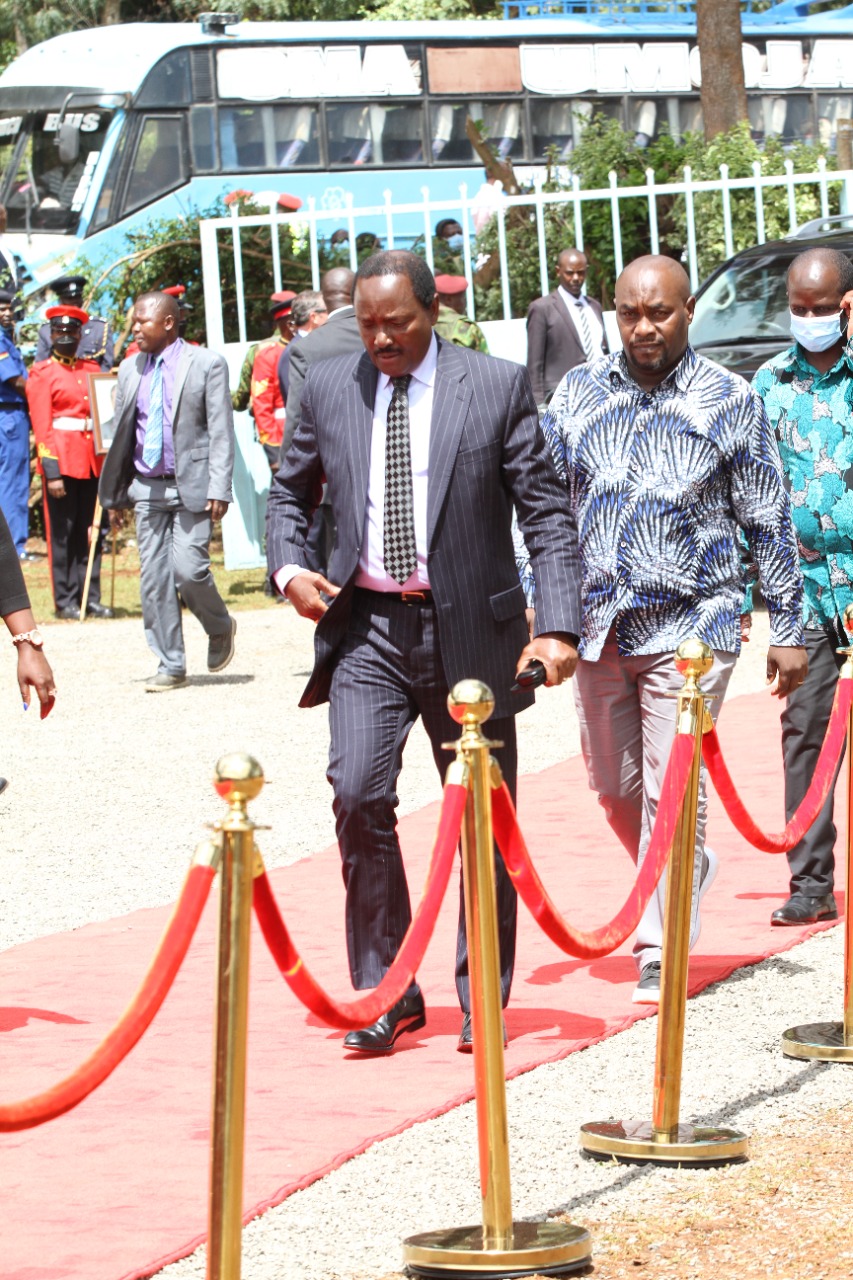- Independent Presidential Candidates must present their symbols to IEBC 21 days before nomination exercise
- The candidate, must submit not fewer than 2000 names of registered voters from the majority of counties, as prescribed by the commission
- Must, not be a member of any political party, three months before the general election

The Independent, Electoral and Bounderines Commission (IEBC) has laid down the set requirements for one to vie as an independent president
According to IEBC’s website is that, to qualify to run as independent president, one must firstly be a Kenyan citizen by birth who does not owe allegiance to a foreign state.
The independent presidential candidate must submit to the IEBC an electronic and printed copy of not fewer than 2000 voters from each of the majority of the counties in the commission’s prescribed form.
Additionally, candidate must not hold dual citizenship, says the commission on its website, “unless citizenship of the other country has been obtained by operation of law without capacity to opt out.”
Furthermore, an individual must be qualified to stand for election as a Member of Parliament and they must not, at the time of expressing interest in the presidency, be a public officer or acting in any State of public office.
This is, however, with the exception of a sitting president, deputy president or any of the members of parliament.
They must also not be undischarged bankrupt. This refers to someone who is legally bankrupt but who still has to pay back particular debts.
To qualify for the country’s top seat, a nomination fee of Ksh.200,000 (Ksh.100,000 for youth, a woman or a person with a disability) is required to be paid to the commission.
The candidate further needs to present a clearance certificate from the ORPP certifying that they were not a member of any political party for the last 3 months before the elections.
A symbol the candidate intends to use during the election must also be approved by the IEBC 21 days before the nomination day.
The candidate must also set up and run an office which is subject to investigation by the commission.

